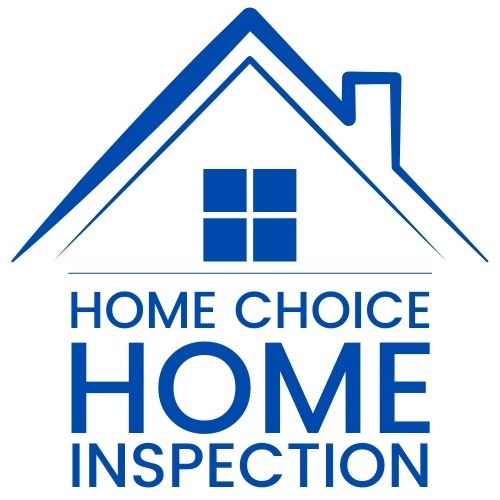
Inspecting a Mobile and Manufactured Home
When inspecting a mobile or manufactured home, it’s important to thoroughly examine various aspects to ensure structural integrity, safety, and the overall condition of the home. Here’s a checklist of things Our company will inspect.
Foundation
We check the foundation for signs of settling, cracks, or shifting. Ensure that the piers and supports are stable and that the strapping is snug to the frame for each tie down bracket. Ensure that the piers are against the chassis with no gaps. This will make for a more stable home.
Roof
We inspect the roof for leaks, missing or damaged shingles, and signs of water damage. Check for soft spots, especially around vents and chimneys.
Exterior Walls
We look for cracks, dents, or bulges in the exterior walls. We check for signs of moisture damage, such as peeling paint.
Windows and Doors
Inspect windows and doors for proper sealing, operation, and security. Look for signs of water infiltration around frames and sills.
Flooring
Check the flooring for signs of wear, water damage, or sagging. Pay attention to soft spots, unevenness, or buckling.
Plumbing System
Inspect the plumbing system for leaks, corrosion, and proper drainage. Test faucets, toilets, and drains for functionality.
Electrical System
Check the electrical system for proper wiring, grounding, and circuitry. Look for signs of overheating, exposed wires, or outdated components.
HVAC System
We inspect the heating, ventilation, and air conditioning system for proper operation, maintenance, and safety. Check filters, ducts, and vents for cleanliness and airflow.
Insulation and Ventilation
Evaluate the insulation and ventilation throughout the home for efficiency and effectiveness. Look for signs of inadequate insulation or poor ventilation, such as drafts, condensation, or excessive humidity.
Structural Integrity
Assess the overall structural integrity of the home, including walls, ceilings, and supports. Look for signs of warping, bowing, or deterioration.
Appliances and Fixtures
Test appliances, fixtures, and utilities for proper functionality, including the stove, refrigerator, dishwasher, and water heater.
Safety Features
We check for the presence of smoke detectors, carbon monoxide detectors, and fire extinguishers. Ensure that they are properly installed and operational.
Exterior
Inspect the exterior of the home, including siding, skirting, steps, and decks. Look for signs of damage, deterioration, or pest infestation.
Undercarriage/Belly
The underside of the home will be inspected for a proper vapor barrier. Typically the vapor barrier will last 20 years before it starts to deteriorate and needs to be replaced.
Documentation
Review any documentation related to the home, including permits, warranties, and maintenance records. By thoroughly inspecting these areas, you can identify any potential issues or concerns with the mobile or manufactured home and make informed decisions about its purchase or maintenance. If you’re not confident in your ability to assess these aspects yourself, consider hiring Home Choice Home Inspection. We are a professional home inspection company with experience in mobile or manufactured homes.
What are the Differences in Mobile Homes and Manufactured Homes
The two terms “mobile home” and “manufactured home” are often used interchangeably, but there are some distinctions between the two:
- Historical Context: “Mobile homes” were initially built before June 15, 1976, when the HUD U.S. Department of Housing and Urban Development (HUD) introduced construction and safety standards for factory-built homes. After June 15 1976, homes built to these standards were termed “manufactured homes.”
- Construction Standards: Manufactured homes are built according to HUD standards, which require certain specifications regarding construction, durability, energy efficiency, and safety. These standards are not applicable to mobile homes built prior 1976.
- Transportability: Both mobile and manufactured homes are built in factories on chassis and transported to the site, but modern manufactured homes are typically more advanced in terms of transportability and ease of installation.
- Resale Value: Manufactured homes often have better resale value than mobile homes due to their compliance with modern construction and safety standards.
- Legal Definitions: Legally, there may be differences in zoning, taxation, and regulation between mobile and manufactured homes, depending on local laws and ordinances.
In summary, while there are similarities between mobile and manufactured homes, the key differences lie in construction standards, transportability, and legal definitions.
